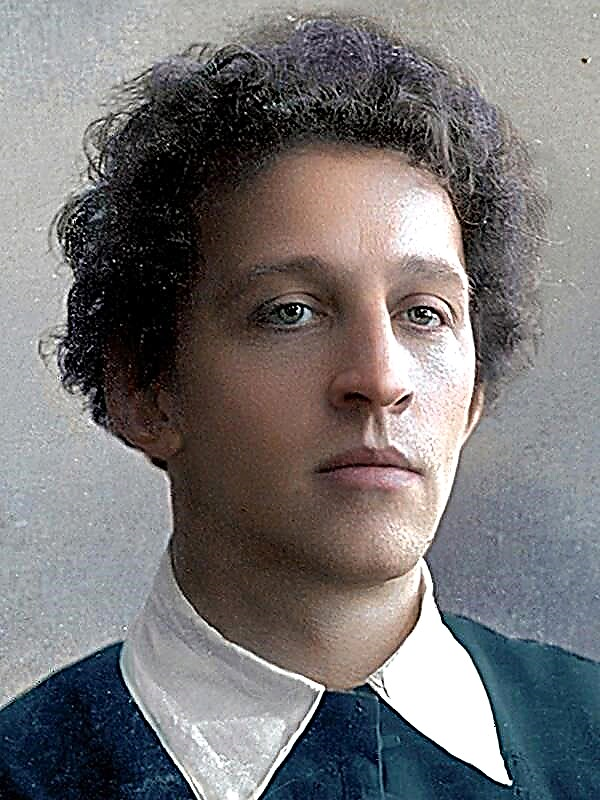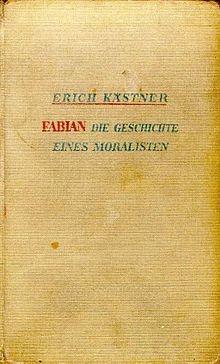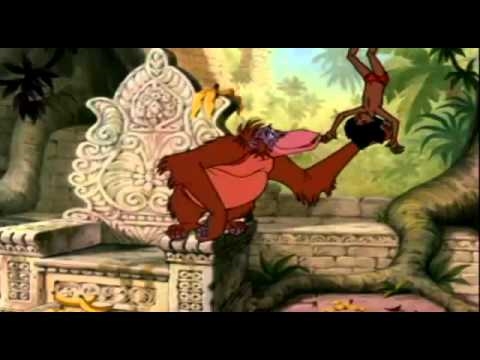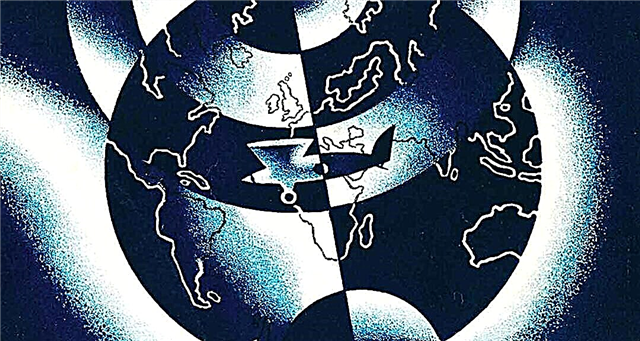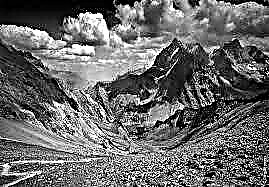In this collection, we have collected interesting and frequently encountered problems regarding the individual and his relationships with the outside world. For each problem, the literary arguments for the essay for the exam in the Russian language are selected. All of them are available for download in table format (link at the end of the article). Happy viewing!
The influence of society on the individual
- Society always seeks to suppress a person. A similar example can be found on the pages comedies A.S. Griboedova "Woe from Wit". Chatsky is perhaps the only sane person who openly speaks of his vices and false ideas. For him, Molchalin is an empty and hypocritical careerist; Famusov - selfish and vicious gentleman; The puffer is an ignorant soldier. However, all around do not want to listen to his revelations, on the contrary, the interlocutors convince the guest that he is not doing all right, and they live righteously. Alexander is unable to tolerate the “politics” of Famusov’s house, so he leaves this swamp of limited people, thereby defending the individual’s right to individuality. His example proves that you should not follow the lead of the majority, even if you are the only warrior in the field.
- However, not every person can be strong in soul. Sometimes a society still wins in the struggle for the right to “own a personality”. Dmitry Startsev, the main character the story of A.P. Chekhov "Ionych", fell into the circle of selfishness, vulgarity and lies, called the "values of the county life." From a pleasant and kind young man Dmitry turns into the likeness of a man, who is usually called “Ionich”. He loses not only his name, but also his personality, forgetting that he dreamed of a different destiny - serving the science and people. Therefore, in the finale, he is disappointed in himself and in his previous ideals, finding the world around him empty and banal. This is what happens if a person succumbs to the pressure of the majority.
- To ruin a person’s right to individuality is not the worst thing, it’s much worse than to kill in him the opportunity to follow the call of the heart. So, for example, the heroine the story of A. Kuprin "Olesya" - a girl who lived all her life away from the peasant village, not knowing either the behavior or the life of the people living there. She met true love, but chose to abandon her feelings, faced with the threats of a raging crowd. Having beaten up the “witch” who came to the church, people thought that she, in revenge, had sent them a spontaneous rampage that ruined the crop. Then they decided to storm the dwelling of the "witch". Olesya was forced to flee. But she knew that she could not connect life with the master, because the peasants would turn their anger at him too, so she left without farewell. Obeying conventions and prejudices, she lost personal happiness.
The problem of becoming a person
- A sense of responsibility helps a person to develop in himself the ability to sacrifice and self-confidence. The protagonist of the story has these qualities. K. Vorobyov “Killed near Moscow”. Alexey Yastrebov cultivated courage and exactingness under the yoke of danger. Alexei is well aware of the fact that a real person is able to save not only his homeland, but also the right to personal interests and beliefs - that is why he rises to meet the German tank and triumphs not so much over him as over his "I".
- Becoming a person is a difficult and long process, but the coveted “finish” is worth the effort and patience. The path of mistakes, losses and moral experiences survived the protagonist novel L.N. Tolstoy "War and Peace" - Pierre Bezukhov. He darted from side to side, like a wind that does not know what direction he needs to achieve his goal. Pierre survived betrayal, captivity and war, but this not only did not break him, but tempered his character for new victories. In the final, he matured, settled down and found happiness in love, and discovered his destiny in the family and home, where the fate of his wife and children depends on his ability to conduct a course in great swimming.
The role of personality in history
- Often the problem of personality in history presents a twofold situation: on the one hand, a person can be a hero, and on the other, a villain. However, in both cases, he makes an invaluable contribution to history, or a series of actions that entailed a whole host of different interpretations. For example, in the work of A.S. Pushkin's "Captain's Daughter" Emelyan Pugachev for the rebellious peasants is the liberator, and for the nobles and soldiers of the empress - the murderer. The cruelty with which he deals with the nobility does not at all agree with the mercy shown to Masha Grineva - this is the main problem of the role of an outstanding personality in history. It is difficult to evaluate objectively and unambiguously, because the power of a rebel was sometimes more humane than the tyranny of the empress, and in their approaches to enemies they are completely indistinguishable. But the chronicles of the past years are written by the winners, and the image of the bloody Pugachev region was painted by the hand of Catherine the Great.
- Leo Tolstoy in the novel "War and Peace" reveals the problem of the role of personality in history on the example of Kutuzov and Napoleon. There is no doubt that both military leaders were distinguished by unprecedented courage and courage, but they were distinguished by commonality with the people. According to Tolstoy, Kutuzov was one with the interests of society, while Napoleon thought only of his own greatness. In addition, in the case of the Russian commander, the author’s point of view on the posed problem is visible: the people are making history, not their leader. The Russian field marshal only expresses a common will for victory for all, he does not personally seek to get into the front ranks of the historical arena. But the French emperor is trying to decide the fate of the world alone and suffers a well-deserved defeat. Tolstoy always gave the decisive role to society, the collective, the ethnic group, and not just one representative of the human race. And this is right, because not two military commanders fought and won victories, but two peoples.
- In the poem M.Yu. Lermontov's “Song about the merchant Kalashnikov” the king’s favorite insulted the wife of the merchant Kalashnikov. Then the man stands up for the honor of the family and strikes before the fight, telling Kiribeevich about the upcoming battle. Naturally, he wins the duel, but dies from the “justice” of the king, refusing to give out the reason for his retribution, so as not to defame his wife. In this example, it can be seen that a person cannot turn the tide of history, it takes its course: harsh time makes an honest merchant a victim of arbitrariness. However, the heroism and courage of such people for decades still change the vector of development of society, because now mores are much milder, and the court is less partial. This means that a person can contribute to history, only he will be modest, and the result is gradual.
Loneliness of an individual in a crowd
- A person can rebel against society and do it extremely successfully, if you look at it from the side of the "layman". So, for example, Grigory Melekhov - the main the hero of the novel by M. Sholokhov "Quiet Don" - goes against the foundations of the society where "fathers" rule, and not the younger generation; where marriage and labor are valued above all else, and treason is considered an impermissible "trick." Gregory violates everything that his family built, not recognizing either moral principles or life values. He is alone in his views, but not in life. However, fate, crushed by the war, nevertheless leads him to the tragedy of loneliness: he loses all who were dear to him. Because of the eternal throwing, he could not save any of the women, and we see him in the finals as a driven and disappointed man.
- Not all “people who have“ separated ”from society are able to be happy. He writes about this on his pages the novel "Fathers and Sons" I.S. Turgenev, contrasting the "old" views on the device of life with the "new" that Bazarov shares. He finds no support either among the nobility or among such a "close" peasantry. Bazarov was lonely not only in his views, but also in his personal life, having received a rejection from his beloved woman, moving away from his family and losing a friend. On his deathbed, Eugene realizes that the country does not need him either.
- On the example of Pechorin - the main character of the novel by M.Yu. Lermontov “Hero of our time” - you can see how lonely an outstanding, but superfluous person is. Pechorin is truly an exceptional person, but far from simple: he plays the fate of other people, not taking into account either their feelings or the possibility of changing their fate. And he performs all these actions only in order to break away from the concepts and stereotypes of society. He entertains himself in an attempt to appease the need for a truly close and understanding person. He is very lonely, and we see confirmation in the scene where Gregory falls to his knees and weeps, having lost Faith forever. Of course, he himself is in many ways the cause of his misfortunes, but nevertheless we are sorry for this lost wanderer, innocent of his fatal exclusivity, which separates him from society.
Freedom and permissiveness of personality
- Does a person have a chance to break out of the vicious circle of social evils? Such a question posed in the play “At the Bottom” M. Gorky. Contrasting the defender of the truth - Sateen - and the new inhabitant of the shelter - Luke, the author declares the high destiny of people, their strength, which is revealed only in the presence of truth. If the poor opened their eyes to what led them to the bottom, which did not let them out, then they would have come out into the light. But, drowning in fantasies and comforts, they become slaves to fiction and their own powerlessness. According to Gorky, it is necessary to soberly assess the situation, look for ways out of it, and not console yourself with illusions and excuses, inventing other chances and worlds. Only in this way does a person gain freedom and the proud right to be called a “person”.
- The story of V. Bykov "Obelisk" contains the story of a real person who is ready to defend his moral convictions, despite life circumstances. Teacher Moroz, who has always taught children honesty and justice, stands on the verge of good and evil, where evil is the renunciation of his own words, and therefore of himself. If the possibility of salvation meant a limitation of his principles, then the death that he preferred was nothing more than "moral freedom of the individual." He stepped over his fears, defeated doubts and became what he always wanted to be.
- To the question about the freedom and permissiveness of the individual, he answered F.M. Dostoevsky in the novel Crime and Punishment, where the main character - Rodion Raskolnikov - killed the old woman-interest-bearer in order to prove the correctness of her theory. He believed that he had the right to control the destinies of this world, but the writer does not recognize such a right even for a talented young man, because such a kind of justice on the blood reveals the personality of open spaces of permissiveness, anarchy, which destroys not only the person himself, but also the world around him. Independence ends where the freedom of another living being begins. This is a golden moral rule that defines the boundaries of our will.

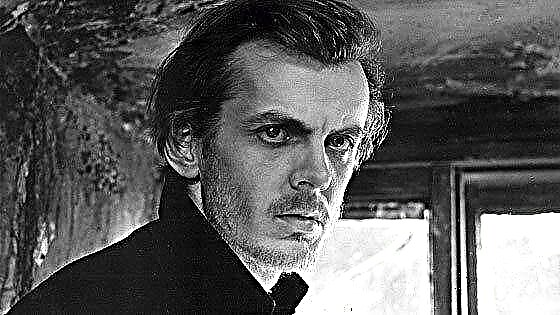
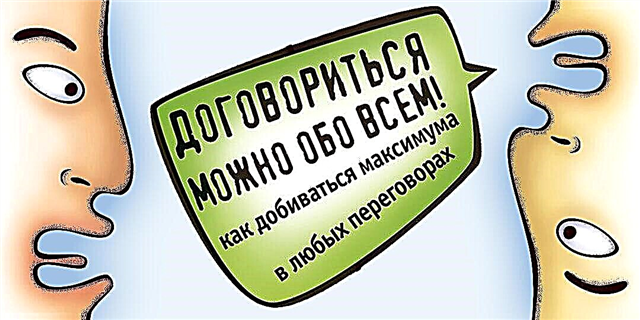 You can agree on everything.
You can agree on everything.


